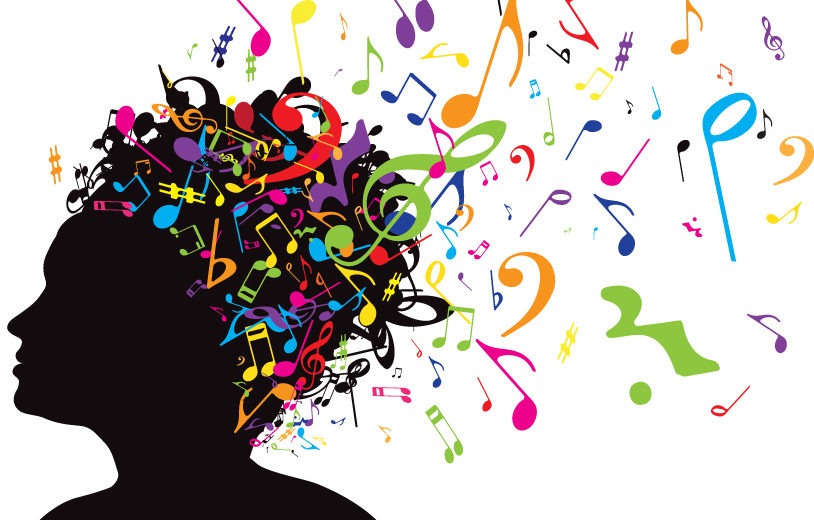Table of Contents
The Science Behind Music
Music isn’t just a craftsmanship yet in addition a science. The investigation of acoustics investigates how sound waves communicate with the climate and our hear-able framework. This logical methodology assists us with understanding the reason why certain songs are satisfying and what various frequencies mean for our temperament and cognizance.
Mental Impacts
Music significantly affects our feelings and mental state. Standing by listening to music can set off the arrival of synapses like dopamine, prompting sensations of delight and elation. Also, music treatment has been utilized to treat different mental problems, displaying its remedial potential.
Mental Advantages
Drawing in with music, whether through tuning in or playing an instrument, has been displayed to improve mental capacities. Studies demonstrate that music instruction can further develop memory, consideration, and critical thinking abilities. Moreover, performers frequently display predominant hear-able handling and fine coordinated abilities.
Social Meaning of Music
Music rises above social limits, filling in as a widespread language that joins individuals. Each culture has its exceptional melodic practices, which are frequently entwined with strict, social, and political angles.
Conventional Music
Conventional music mirrors the legacy and upsides of a local area. For example, African drumming and Local American serenades assume vital parts in ceremonies and narrating. These melodic structures are gone down through ages, safeguarding social character.
Worldwide Combination
In the present interconnected world, music from various societies frequently mixes, making new classes and styles. This worldwide combination advances the melodic scene, encouraging multifaceted comprehension and appreciation. Models remember the fuse of conventional Indian instruments for Western popular music or the worldwide prevalence of Latin music rhythms.
Mechanical Effect on Music
Innovation has fundamentally changed the music business, from how music is made to the way things are consumed. The computerized age has democratized music creation and circulation, permitting craftsmen to contact worldwide crowds no sweat.
Advanced Recording and Creation
The approach of advanced sound workstations (DAWs) and complex programming has empowered performers to create excellent music from their homes. This shift has prompted a flood in free craftsmen and creative music styles, as obstructions to section have essentially diminished.
Streaming and Dissemination
Stages like Spotify, Apple Music, and YouTube have reformed music utilization, offering moment admittance to immense libraries of tunes. This accommodation has changed listening propensities, with arranged playlists and calculation driven proposals forming our melodic encounters.
AI in Music
AI is being used to compose music, analyze trends, and even perform live. These innovations can augment human creativity, leading to new forms of musical expression. AI-generated music can adapt in real-time to listeners’ preferences, creating personalized soundtracks for various activities.
Virtual Reality and Immersive Experiences
VR and augmented reality (AR) are creating immersive musical experiences, allowing audiences to interact with music in novel ways. Virtual concerts and interactive music videos provide fans with unique, engaging experiences that go beyond traditional performances.
Conclusion
Music, with its profound emotional, cognitive, and cultural significance, will always be an essential part of human life. Its ability to evolve and adapt ensures that it will continue to resonate with future generations. As we embrace new technologies and cultural influences, the rich tapestry of music will only grow more vibrant and diverse.













